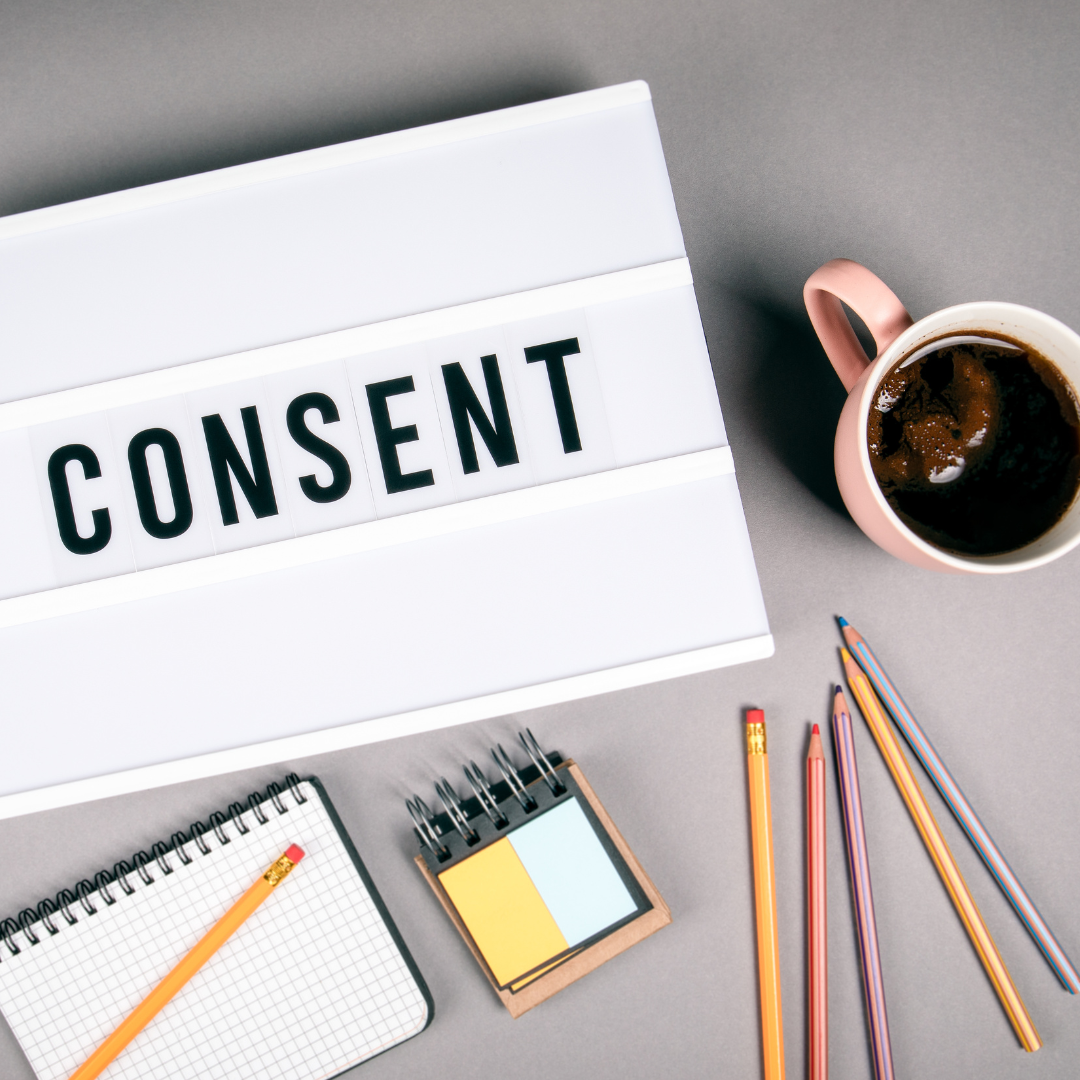Join America Back to Work, a weekly podcast, video, and blog series that covers timely and relevant topics affecting the labor market and workforce with industry experts. The series includes recruiting, hiring, retention, employee satisfaction, customer service, background screenings, and more.

Navigating Consent and Disclosure In Background Screenings
Before initiating background screenings, it is imperative to understand the significance of obtaining consent and making a proper disclosure. These steps are not just a matter of courtesy but are required by law, specifically under the Fair Credit Reporting Act (FCRA), to ensure candidates are fully aware of the nature and scope of the investigation being conducted into their background.
The dual principles of transparency and respect form the cornerstone of a legally compliant and ethically sound approach to background checks.
FCRA mandates that employers obtain explicit, written consent from individuals before conducting a background check if the employer intends to use a third-party agency to conduct the screening. This requirement is primarily intended to protect the privacy and rights of individuals, ensuring that they are aware of and agree to the collection and use of their personal data.
Obtaining Lawful Consent
Gaining lawful consent isn’t merely a procedural formality; it’s a crucial step in background screenings. It involves informing the candidate about the impending background check and obtaining explicit permission. This process must be handled carefully to ensure that the consent is informed, unambiguous, and documented.
Here’s how employers can ensure they secure lawful consent properly:
- Clear and Conspicuous Disclosure: Before obtaining consent, employers must provide a standalone document that clearly and conspicuously discloses the intention to conduct a background check. This document should not contain any other information except the disclosure, ensuring it is not embedded in an employment application or mixed with other acknowledgments.
- Written Authorization: After providing the disclosure, employers must obtain written authorization from the candidate or employee. This authorization should explicitly state that the individual understands and consents to the background screening process.
- Special Notices for Specific Checks: If the background check includes special inquiries—for example, checking credit reports or criminal records—additional disclosures may be required by state law or the FCRA.
Properly Disclosing the Scope and Purpose
Every background check should begin with a clear disclosure to the candidate about what the check will entail and why it is being conducted. This disclosure should be detailed enough to cover the specific types of checks performed and the reasons for each. Proper disclosure not only complies with legal requirements but also helps set the right expectations with the candidate, thus safeguarding the employer against potential misunderstandings or legal complications.
- Transparency in the Process: Employers should explain what types of information will be sought (e.g., criminal records, credit history, employment verification) and how this information will be used to make employment decisions.
- Purpose of the Screening: It’s crucial to clearly articulate the purpose of the background check, such as ensuring the safety and security of the workplace or verifying qualifications and experience.
- Compliance with State Laws: Employers must also be aware of and comply with any state-specific laws regarding background checks, which may have stricter requirements than federal law.
Talking to Candidates About Background Screenings
Communicating openly with candidates about background screenings is essential. This conversation allows the employer to outline the process and its importance and allows candidates to express concerns. Effective communication at this stage helps build trust and can significantly impact the candidate’s perception of the hiring process and the company.
- Open Communication: When discussing background checks with candidates, fostering an atmosphere of transparency and trust is important. Explain the process clearly and why it’s necessary, addressing any concerns they may have about privacy or using their information.
- Reassurance about Fairness: Assure candidates that the background check is a standard procedure to ensure fairness and safety in hiring and that decisions will not be based solely on the background check results.
- Inform Candidates: Inform candidates of their rights under the FCRA, including their right to dispute the background report’s accuracy and obtain a copy for their review.
Maintain Ethics and Build Trust
Consent and disclosure are legal requirements and integral to maintaining ethical standards and trust in the hiring process. By properly obtaining consent and fully disclosing the scope and purpose of background screenings, employers can ensure compliance with the law while respecting candidates’ rights and privacy.
This approach helps avoid legal pitfalls and enhances the organization’s reputation as a fair and transparent employer.
Always refer to FCRA regulations and consult with legal experts specializing in employment law when embarking on something new.